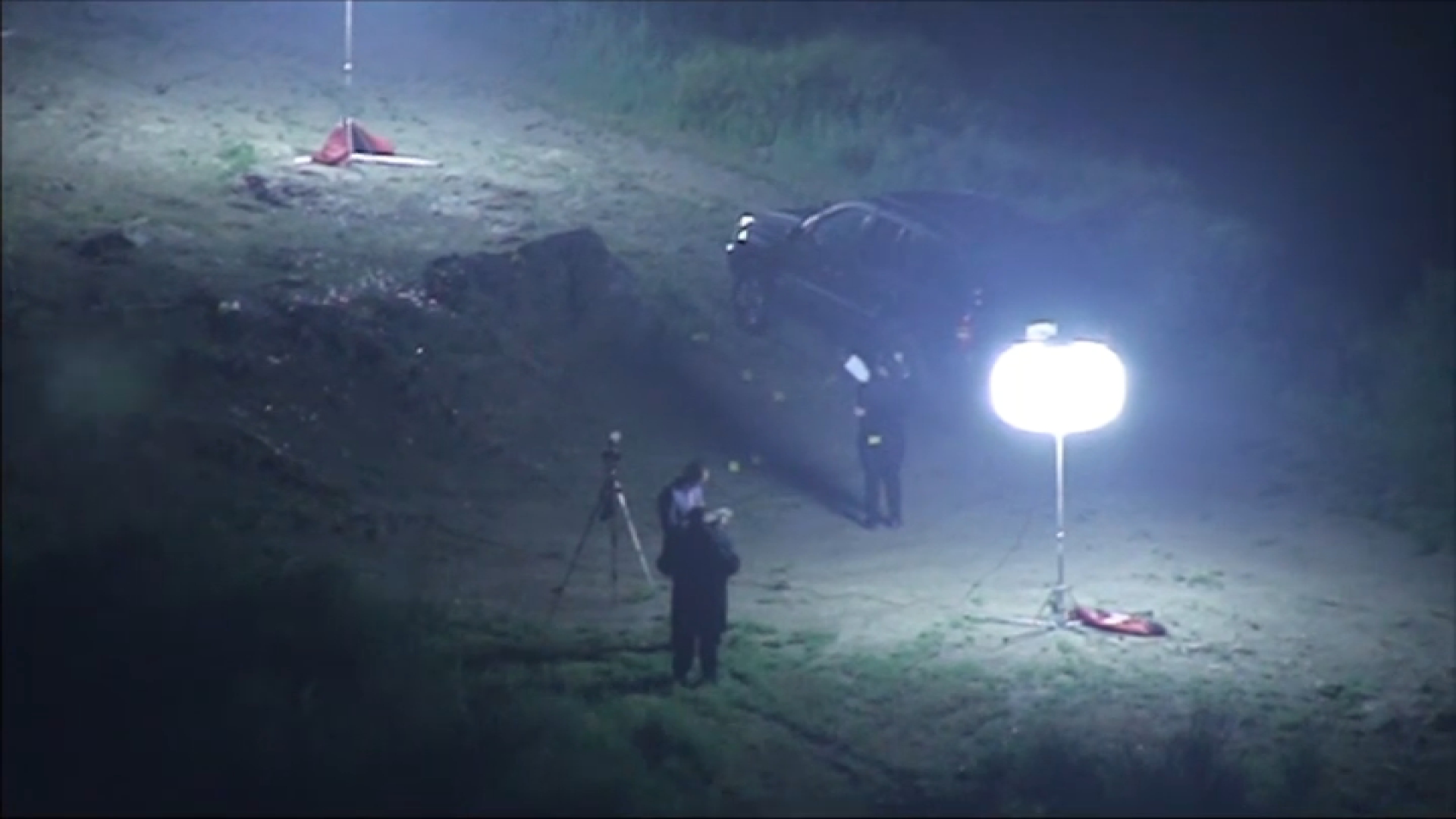Jurors who convicted a former Marine of murdering five women in Southern California between 1986 and 1995 will begin hearing testimony Monday in the penalty phase of his trial.
The panel is tasked with recommending whether Andrew Urdiales, who's already serving time for three killings in Chicago, should be sentenced to death or life in prison without parole for his Southern California killing spree, which left women dead in Mission Viejo, San Diego, Palm Springs and Cathedral City.
Last Thursday, the panel found true the special circumstance allegations of lying in wait and multiple murders, making Urdiales eligible for a death sentence.
Urdiales, 53, was originally sentenced to death in Illinois for the murders of three prostitutes there, but he was re-sentenced to life in prison after capital punishment was outlawed in Illinois.
Urdiales' attorneys said that childhood trauma and fetal alcohol spectrum disorder left him incapable of controlling his anger, meaning that
Urdiales did not plan the Southern California murders before committing them.
Instead, they argued for implied malice, which would lead to a second-degree murder conviction, which would have spared him a possible death penalty.
News
Top news of the day
He was convicted of killing:
-- 23-year-old Robbin Brandley, who was attacked as she walked to her car following a concert on Jan. 18, 1986, at Saddleback College in Mission Viejo;
-- 29-year-old Julie McGhee on July 17, 1988, in Cathedral City;
-- 31-year-old Maryann Wells on Sept. 25, 1988, in San Diego;
-- 20-year-old Tammie Erwin on April 16, 1989, in Palm Springs; and
-- 32-year-old Denise Maney on March 11, 1995, in Palm Springs.
"I've been waiting for it for 30 years," Brandley's father, Jack Reilley, said after the verdicts were read. "The jury did the right thing. They made the right decision."
Reilley said when he saw Urdiales on trial in Chicago, he did not feel anything about the defendant, but that all changed when he saw crime-scene photos of his daughter during the trial in Santa Ana.
"I never hated anyone before," he told reporters outside the courthouse. "To me, he's just a mongrel dog and whatever happens to him, I don't care."
Reilley said he is not counting on Urdiales to ever be put to death "because in California there is no death penalty," alluding to the long delays and a legal ban on capital punishment currently in place.
Reilley remembered his daughter as a kind and generous person. He said when she was in kindergarten, she came home with a school project that said "Love is... kwit, which she explained at the time meant that she should "quit" taking her turn on a swing if another child was waiting to use it.
"She was a delight," he said. "We were a close family."
Charles Erwin said his daughter was the "happiest person," who "always had a smile ... and that's what got her in trouble."
Tammie Erwin moved from Oklahoma to California with her boyfriend "to get away from the drugs" and was here for about six months before she was killed, her father said.



